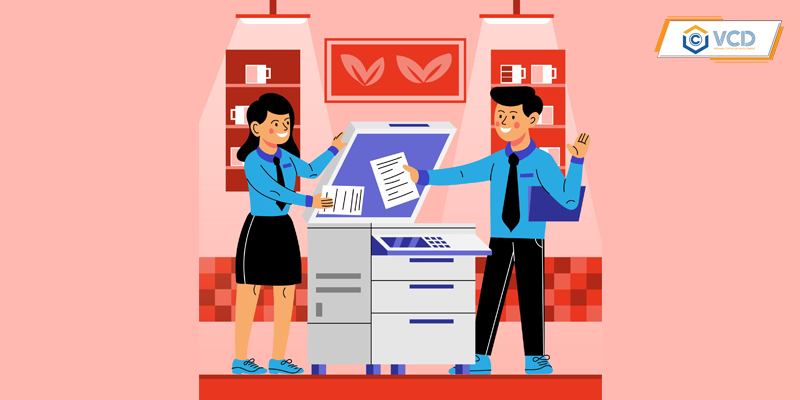Publish work before or after copyright registration?
With the rapid development of information technology, the opportunities for works to reach the public are increasing, but along with that are challenges in protecting the rights and honor of the author. Will publishing a work before or after registering copyright bring greater benefits? The following article by VCD will help you.
1. Meaning of publishing a work.
According to Clause 7, Article 4 of the current Law on Intellectual Property, the concept is given: A work is a creative product in the field of literature, art and science expressed by any means or form. In which, literary, artistic and scientific works include 17 types specifically regulated in Clause 1, Article 14 of this Law.
Publishing a work is the act of making a literary, artistic and scientific work publicly known to everyone. This is meaningful for the author:
- When publishing a work, the author can protect the integrity of his work, not allowing others to edit, cut or distort the work in any way that harms the honor and reputation of the author. Showing respect and recognition of the author’s contribution to the development of society.
- Published works will become a source of information, inspiration and education for everyone, contributing to creating conditions for the exchange, dissemination and development of literary and artistic knowledge.
- Encouraging creativity and improving the quality of works. Publishing will create competition and cooperation between authors as well as feedback and evaluation from the public. This will stimulate authors to continuously research, learn, improve and innovate to create better and more valuable works.

2. Publish a work before or after registering copyright?
According to the provisions of the Law on Intellectual Property, copyright for a work arises from the time the work is created and expressed in a certain material form, regardless of whether it has been published or not. Therefore, the publication of a work before or after registration does not affect the registration of copyright.
In which, a published work is a work that has been released with the consent of the copyright owner to disseminate to the public copies in any form in reasonable quantity. And an unpublished work is a work that has not been released or has been released but is known to only a limited number of people.
According to the provisions of the law, the right to publish a work does not include the performance of a theatrical, cinematic, musical work, the pre-publication of a literary work, the broadcasting of a literary work, the exhibition of visual works, the construction of works from architectural works.
The right to publication is the author’s personal right, which is a right attached to the author’s individuality and belongs exclusively to the author and cannot be transferred to others. Personal rights are closely related to the author’s reputation, honor, dignity, etc.
However, according to Article 19 of the current Law on Intellectual Property as follows:
Personal rights
Personal rights include:
1. Naming the work.
The author has the right to transfer the right to use the right to name the work to the organization or individual receiving the transfer of property rights as prescribed in Clause 1, Article 20 of this Law;
2. Having his real name or pen name on the work; having his real name or pen name mentioned when the work is published or used;
3. Publishing the work or allowing others to publish the work;
4. Protecting the integrity of the work from being distorted by others; not allowing others to modify or cut the work in any way that harms the honor and reputation of the author.
According to the above provisions and according to the provisions of Clause 1, Article 41 of the Law on Intellectual Property, the right to publish a work or to allow others to publish a work is defined as a personal right that can be transferred to others – the owner of the right to publish can exchange and trade this right.
Although considered a personal right, the right to publish a work and to allow others to publish a work is mainly related to the “economic and property” aspects rather than the personal, honor and reputation factors. Organizations or individuals when exploiting and using this right must ask for permission and pay royalties, remuneration and other material benefits to the copyright owner. Therefore, the right to publish a work can be considered the only personal right that is closely related to property.
In conclusion, the publication of a work is very much related to economic benefits and is meaningful to the author and the owner. When to publish a work depends on many different factors. The author or copyright owner can consider choosing the publication time that suits their orientation.
Above is the article “ Publish work before or after copyright registration?” that VCD sends to you. We hope this article is useful to you.
Sincerely,
